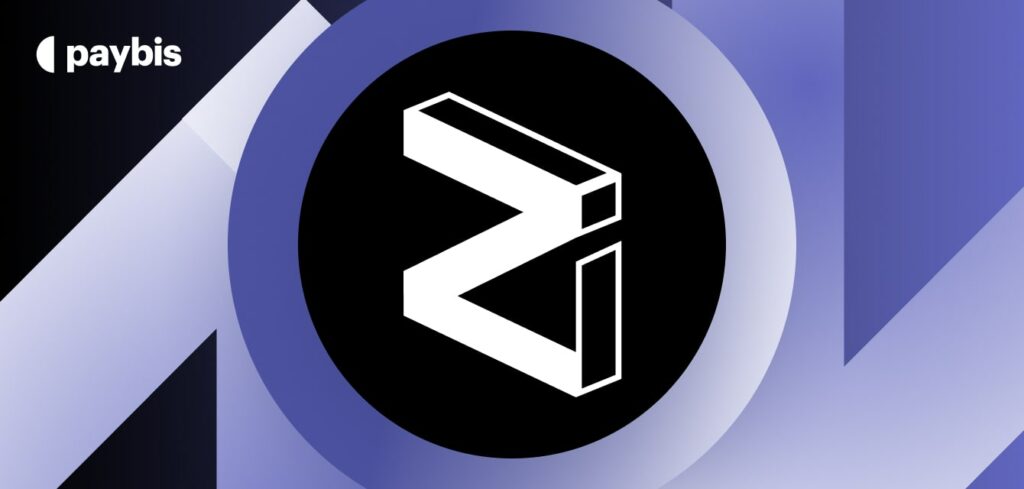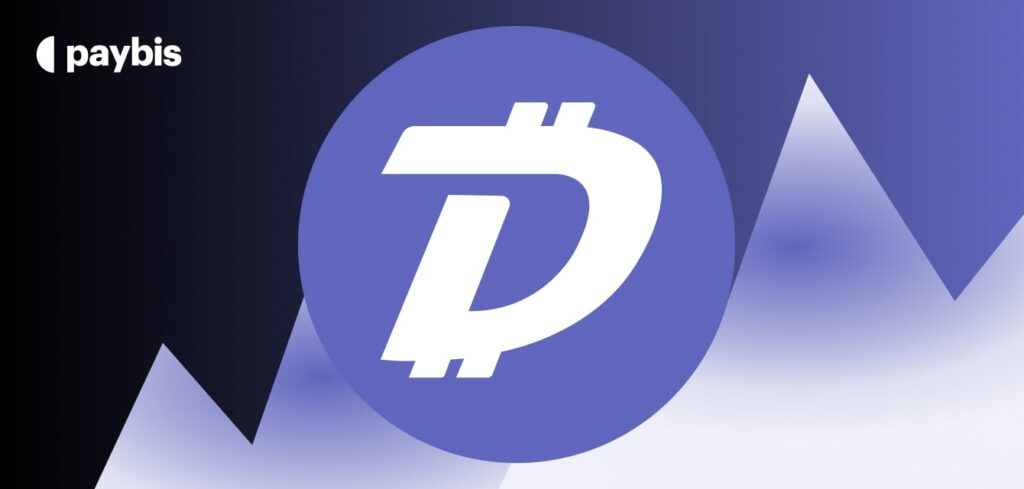Metaverse
The word Metaverse stands for an alternative digital reality/universe where users can connect to, and use, with the power of the internet. The term is often associated with the new version of the internet, known currently as Web3, or a more 3D-like version where static websites become virtual, interactive worlds.
Internet usage has grown to almost 60% of the world’s population within twenty-five years. What started as a very static and complex exchange of raw information has evolved into a digital universe (cloud) with infinite ways to share and express data.
At the same time that the whole world has access to this digital super brain, people are getting increasingly more interested in solving global problems. Tech entrepreneurs want to bring innovation and improve the quality of life for everyone.
With the ability to learn, connect, innovate, and create plus a constant feedback loop of everyone expressing their concerns/moral believes the internet has become a mechanism for collective creation.
This is especially true when looking at the impact of cryptocurrencies. The innovations happening in the space add privacy and decentralization to the internet, making it possible to further progress into a fully digital reality. This reality, which is slowly being shaped at the time of this writing, is what we call the Metaverse.
Table of contents
- What is a Metaverse?
- The world favours remote-first
- How far are we off from realizing the Metaverse?
- Equal contribution towards innovation
- Economic opportunities of the Metaverse
- Shifting from centralized to decentralized
- Who do you want to be in the Metaverse?
- Great projects to keep in mind
- Investing in the Metaverse
What is a Metaverse?
The word Metaverse stands for an alternative digital reality/universe where users can connect to, and use, with the power of the internet. The term is often associated with the new version of the internet, known currently as Web3, or a more 3D-like version where static websites become virtual, interactive worlds.
This form of the internet is fully accessible through the use of AR (augmented reality) and VR (virtual reality). It contains game-like features, movie-like graphics, decentralized economies, and the endless possibilities to alter the “world” around you.
A common example of how a Metaverse could look like is the Steven Spielberg movie ‘’Ready Player One’’. Being able to fully emerged and switch from one world or set to the next has enormous benefits.
From a gaming and entertainment perspective, you would want the Metaverse to look, feel and be as exciting as the video above.
From a professional perspective, you are looking at opportunities to improve the way we work and interact with society. The Metaverse could offer equal opportunities to anyone, despite of location and economic background. It is the next step forward after the growth of remote-first work.
The world favours remote-first
We’ve already seen that many people adapted to working from home due to the Covid-19 pandemic. In the digital world, you don’t have to wear masks, there is no travel time or other geographical restrictions.
Facebook’s Horizon is one of the projects that accomplish a few of the aspects that you may associate with the Metaverse. People can explore, play, and create worlds in Horizon, and do office work in Horizon’s workrooms.
The social media giant has also recently invested $50 million in a 2-year plan to further build and promote the Metaverse.
Whether you are looking at the Metaverse from an entertainment, professional or social perspective, it’s economy is one of the most important elements. In particular, a decentralized economy built to support the privacy of the internet. The digital universe will not be using fiat currencies, traditional banks, or centralized ledgers – Instead, cryptocurrencies will be primarily used for this.
Some are worried that the digital currencies used to achieve this purpose will be issued by large corporations. Others believe the economy will have hundreds if not thousands of native tokens that will be exchangeable on DEXs. Whatever the case may be, the benefits still exceed the drawbacks.
How far are we off from realizing the Metaverse?
It might be a good idea to start by watching this short 8-minute video:
The hardware needed for the development of the Metaverse already exist and work but is not ready to be produced on a mass scale just yet.
With the pace of tech innovation, we are probably just a few years away from having all the equipment ready to get a ‘’Ready Player One’’ experience. Meaning being able to use (almost) all your senses in a virtual world from wherever you are.
Things that are also important besides being fully emerged into the digital universe are:
- Privacy rights
- Freedom of speech
- Proof of ownership
- Scarcity
- Immutability
- Decentralization
- Interoperability
All of these points can be enforced through code. Implementing these fundamental believes into the Metaverse will give people reasons and tools to spend time and contribute resources to this new economy.
What the decentralized Metaverse proposes is that everything is interoperable and value can be traded throughout the Metaverse and into the real world. A rare item in one game can be traded for a piece of land in another world. Your real-world rent can be paid by the rent you collect for owning an important building in the virtual world.
Equal contribution towards innovation
The free market, driven by supply and demand, will control adoption and prices. People will figure out endless ways to profit and there will be no way to “regulate” it. The opportunities that are emerging from being able to extract value out of a permissionless, smart-contract-driven world are endless. Eventually, society will change as we know it.
If you want to see how the societal impact of the Metaverse is already bringing people closer together, it might be worth looking into the recent “bump” of interest in DAOs. More specifically in exclusive DAOs where, to access, you need to hold a certain amount of the organization’s native token. A good example is Friends with Benefits, created by DAO pioneer Cooper Turley.
Investors are only going to benefit from a Metaverse if all participants are equally driven to see it succeed, each one using their unique strengths to further develop and promote the industry in their own way.
Economic opportunities of the Metaverse
Furthermore, it’s important to delve a bit more in the actual economics of the Metaverse. People will have more opportunities to receive, use, and store their money, through:
- Being their own bank, securing wealth and transact without limitations
- Be immune to monetary policies that take place outside the Metaverse
- Work and grow their wealth sustainably through the use of DeFi and GameFi
- Participate and grow communities, DAO’s, and companies together, without borders or geographical limitations (look at the previous chapter)
Shifting from centralized to decentralized
The generations growing up today are already used to the idea that things in the digital world have value. Look at Fortnite; People care about how their avatar looks inside the game, and are willing to pay for cosmetic changes. While money is transferred to the company, the players are left with digital assets that cannot be traded or used in any way outside of the game.
Gamers and investors see the value in digital assets to an extent that would have been unthinkable twenty years ago. Take Loot as a recent example; A free to mint NFT ‘’game’’ where the community not only has full control but also is full responsible for its future.
This article explains how Loot started as just ‘’bags’’ of item names and what the community has built around it. It is empowering to see that a small idea can grow into real products like NFT clothing, a marketplace, and a game. Any layer created on top of the original Loot bags has the potential to generate wealth for its creators, early investors, and users/players.
The incentives, mentioned above as abilities, for people to spend time in digital worlds where they get to own the assets will just be too great to compete with. Centralized digital worlds will have to adapt to this new open economy.
Loot bags can be traded with items in The Sandbox; They can be traded for a piece of real estate in Decentraland that can generate passive income paid in Bitcoin; This then can be used as collateral for a house in the real world. You see where this is going?
Big tech companies, banks, insurance companies, pension funds, universities, and many more sectors of the real-world economy will want to be connected to these new systems to stay relevant as well as benefit.
All these factors combined with the increasing growth of the gaming industry, E-commerce, and crypto-assets are fuel for the success of a decentralized open economy of the Metaverse.
Who do you want to be in the Metaverse?
Digital worlds also create new ways for people to express themselves and interact with the world and everyone around them. The use of augmented reality glasses that are connected to an ultra-fast 5G network will allow people and things to show and wear the NFT’s that they own. This will become a new form of status recognition.
- Instead of a painful visit to the tattoo parlor, you can now simply buy a tattoo “upgrade”. Instead of buying and wearing designer clothes, you will be able to change your virtual (designer) clothes instantly flexing your entire virtual wardrobe to AR users, all while being able to prove absolute authenticity.
- People will walk around with their social media profiles, and non-verbal communication will increase in transparency.
- Cities will integrate all the history available in artistic and educational ways at monumental sites, removing the need for tour guides.
- Apartment buildings and houses will make use of integrating virtual art, information, and useability to complement the lives of homeowners.

The real challenge here remains the willingness of innovators to maintain their determination while limitations imposed by governments start to show up.
A world where the reality of billions of people is controlled by institutions, companies, and other central entities does not align with the values of the Metaverse.
The superior incentive-based network effects of the decentralized protocols that are used, will make it possible for people to choose who they want to be and how they want to live their lives.
Great projects to keep in mind
The projects building the Metaverse are coming from all corners and are connected through the ecosystems they are using to build on.
Enjin contributes by making it possible for gamers and developers to create, manage and integrate NFT’s easily using their platform. You can read how Enjin works here!
Decentraland is a virtual reality platform build on Ethereum. This is the world where NFT’s can be displayed, used, and monetized. Every parcel of land in this world is an NFT and people can build whatever they want on it. One example is a virtual casino and the other a virtual shopping center Metajuku.
The Sandbox is a virtual world where players can create, build, buy and sell digital assets in the form of a game. A Minecraft-inspired theme together with the powers of NFT’s, GameFi, and DAO’s makes The Sandbox project a growing success.
Other pioneers include Ultra (UOS), Immutable X (IMX), and Binance, which is trying to establish itself as a leader in the Metaverse from early on.
Investing in the Metaverse
With an understanding of what the Metaverse is you will want to benefit from these transformations by investing in projects that add value and solve problems in the space.
The companies mentioned in the previous chapter, all have their own cryptocurrency. We do not recommend buying the tokens, but we invite you to research each of them and make an informed decision on your own. A great place to start is here.
Note that we are still very early in the process, which means that you will have challenges when it comes to identifying valuable and promising projects. However, it also means that you will be ahead of the crowd when new opportunities arise. It might, therefore, be worth to stay in the loop of things by also following analysts focused on the Metaverse. A great example (both newsletter and podcast) is Delphi Digital.
Through such information “hotspots” you will be able to better navigate your research, and get rewarded accordingly.
Disclaimer: Don’t invest unless you’re prepared to lose all the money you invest. This is a high‑risk investment and you should not expect to be protected if something goes wrong. Take 2 mins to learn more at: https://go.payb.is/FCA-Info


